
old animal
Taking care of aging animals
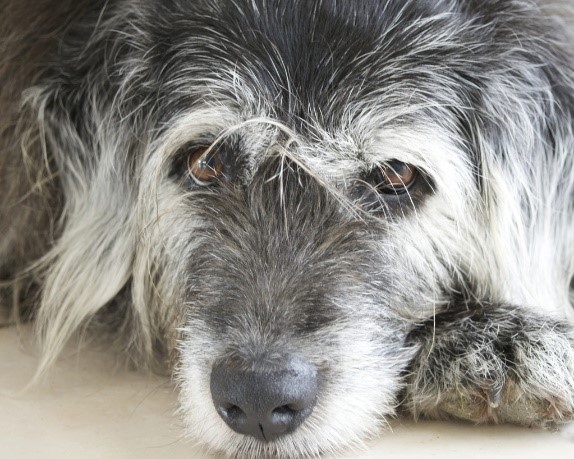
Your dog or cat ages, the changes appear little by little in his lifestyle, his behavior, his appetite, Do not inevitable, and items may be a sign of incipient disease whose early treatment is the best guarantee of the best care.
1/Take care of your health
Sometimes we tend to put aside vaccines and worming his older animal, but it is precisely the point where it can become more fragile and good vis-à-vis the infectious or parasitic diseases protection is particularly important.
The ideal is to provide a consultation senior which allows for a comprehensive review of its general condition, and to distinguish between things quite normal for his age elements and signs that reflect an incipient condition.
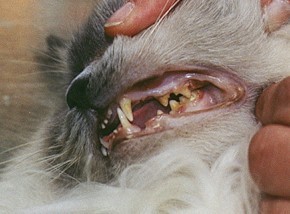
THEphysical examination reviews the state of his mouth and teeth (presence of tartar, Gingivitis, loose teeth ...), of his eyes (sclerosis of the lens, cataract, dry eye, pigmentation…), his ears, of his skin, and in particular the appearance of skin or breast masses, its external genitalia, its joints and muscles, his overweight ...
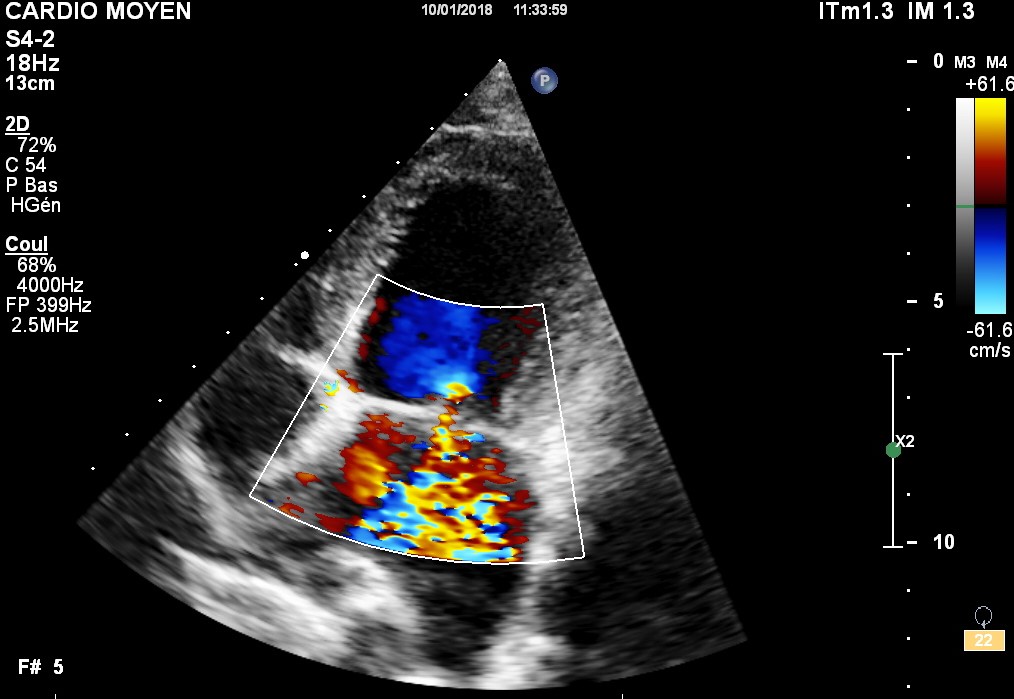
Degenerative mitral valvular disease in an older dog.
THEcardiac auscultation can highlight a breath or some arrhythmias. This consultation also helps gather information on his appetite, the beverage outlet, his behavior.
Following this consultation, of additional examinations may be offered, as a blood test, urinary, ultrasound, radiological.
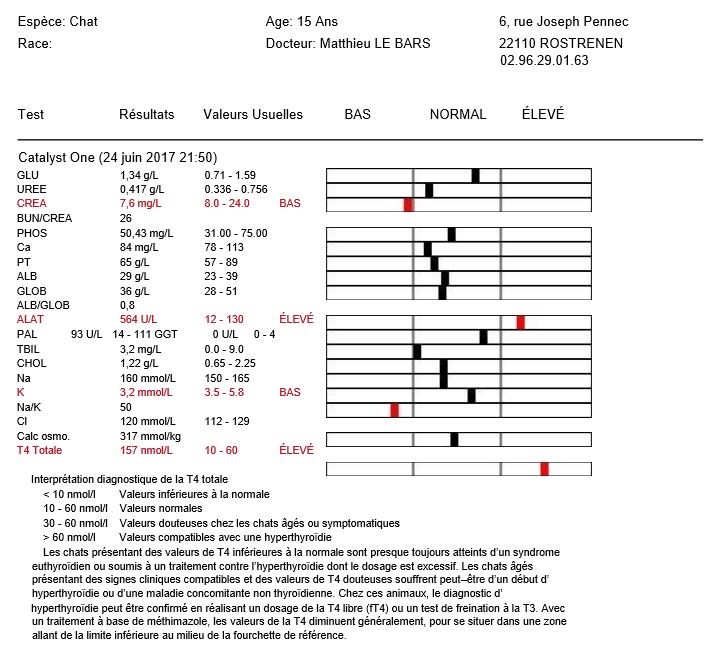
balance blood sample for senior cat, putting shown here, among others, hyperthyroidism.
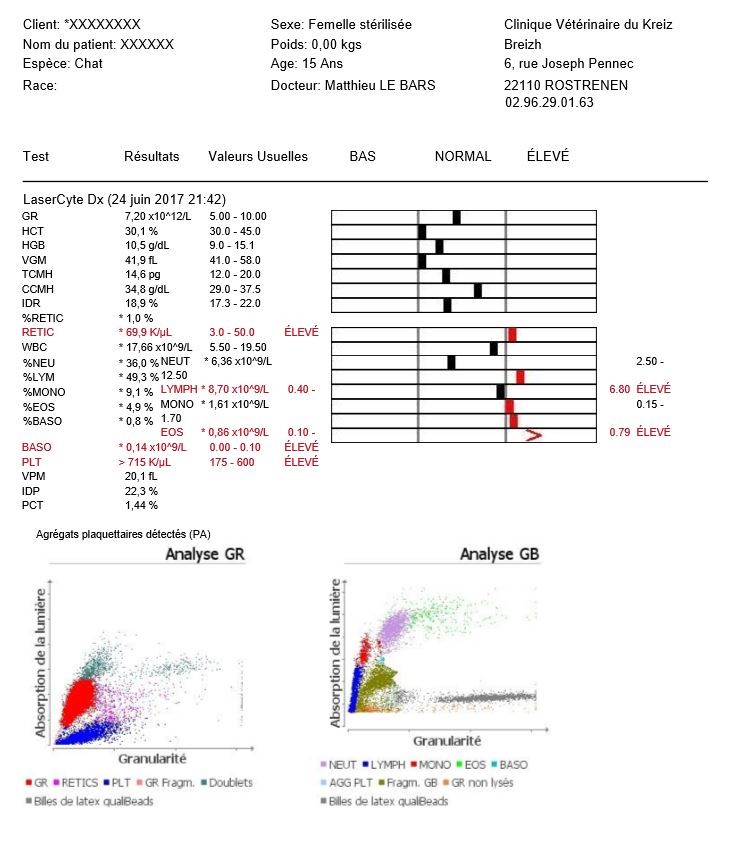
The blood tests reviews including the function of key organs such as the kidneys, liver, the pancreas, thyroid in cats. If a condition is detected on this occasion, treatment may be implemented as quickly as possible, before symptoms appear. If the results are normal, they will still be useful as comparators in a subsequent issue, or to provide anesthesia whether to make it a descaling, or mass excision, and to develop a long-term treatment (heart failure or osteoarthritis example).
2/Taking care of comfort
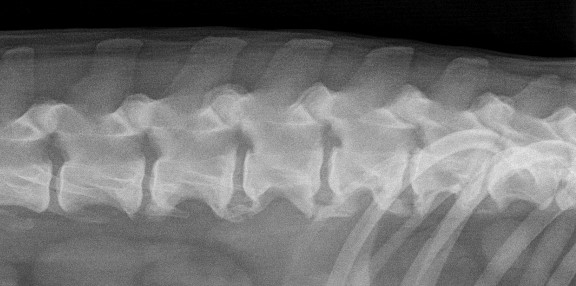
Osteoarthritis (“beaks of parrots”) vertebral.
Just like humans, animals can suffer from osteoarthritis taking age. The signs are often very visible, as the occurrence of lameness, or difficulty getting up in the morning. But our companions may not show their obvious pain. They may have less desire to go for a ride, or will struggle to get in the car or stairs. Some cats enjoy fewer caresses because of pain.
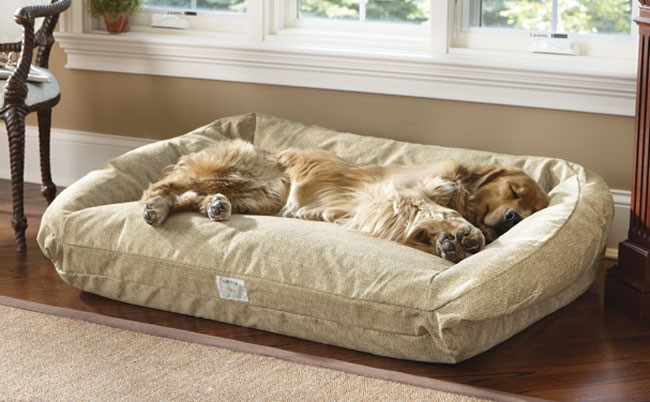
The quality of sleeping is very important, as well as ease to settle. The focus should be thick enough to relieve pressure points, and limiting stiffness upon waking. Similarly, skip a bunk.
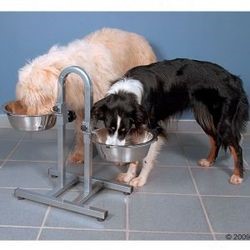
It may be useful to raise the bowls to relieve the joints and neck during meals
3/Take care of her diet
At every stage of life, nutritional needs are different. A good diet for older pet should support oral and digestive sensitivity, fight against muscle wasting, reinforce the cutaneous barrier, fight against cellular aging, preserve renal function, improve brain function.
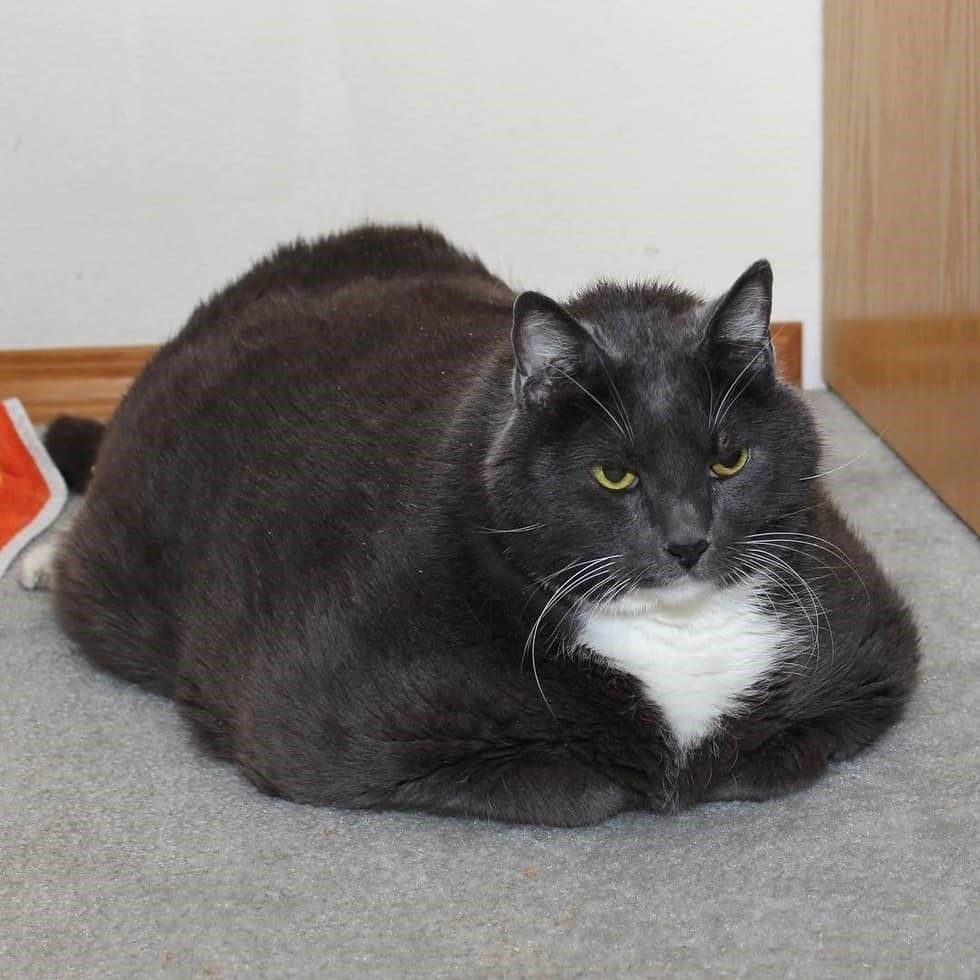
It is also possible to prepare him a household ration, but his balance is paramount and it is better to take advice from a dietician to avoid deficiencies or excesses.
4/Taking care of him as an individual
There is no question of letting him all right because it ages, but sometimes can relax some rules of life to make them more compatible with his abilities. It's not because he does not obey that it is not when you call, but maybe he becomes deaf, or that his focus is elsewhere. It is easy to play with a young animal, but we tend to let the dog or cat older in his corner.
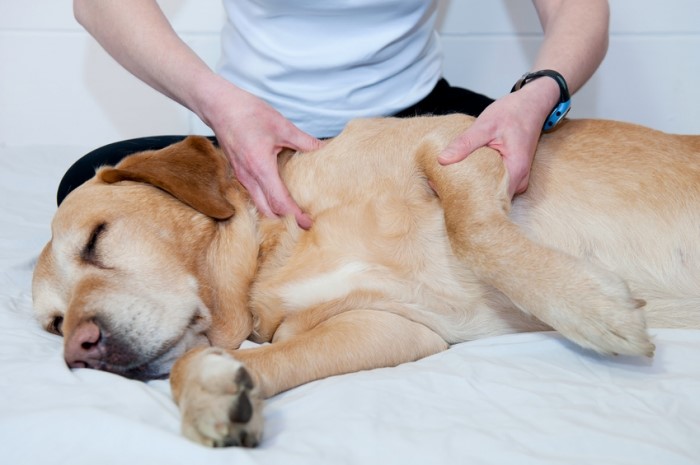
Do not forget to ask the, stimulate even if it is shorter or less often. Caresses or even massages are also popular.
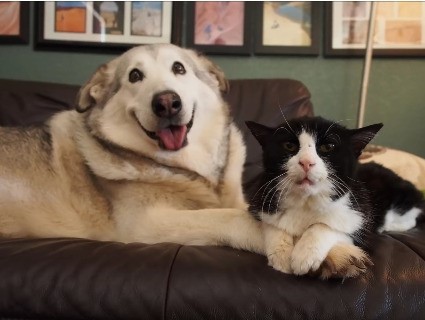
thanks for them !
